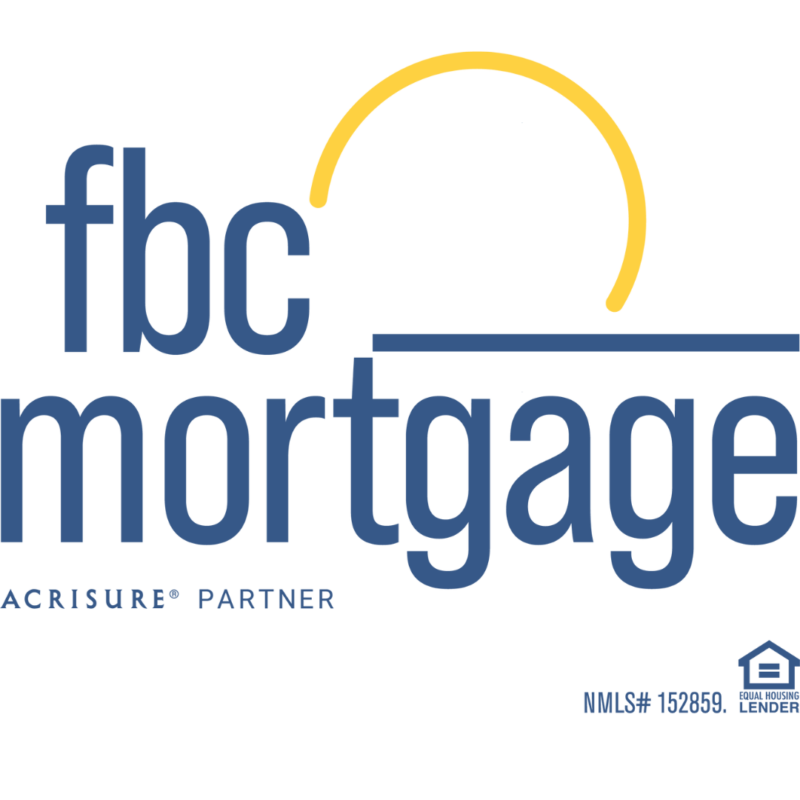When selling a property, it’s important for sellers to be aware of the various expenses they may incur during the closing process. These expenses, known as closing costs, can significantly impact the overall financial outcome of the sale.
What Is Included in Closing Costs for Seller
In this article, we will delve into the different elements included in closing costs for sellers. By understanding these costs, sellers can be better prepared and make informed decisions throughout the selling process.
Understanding Closing Costs
Closing costs are the expenses associated with the transfer of property ownership from the seller to the buyer. While buyers typically bear the brunt of the closing costs, sellers are also responsible for certain expenses. These costs can vary depending on factors such as location, local regulations, and negotiated terms between the buyer and seller.
Agent Commissions
One of the most significant closing costs for sellers is the real estate agent’s commission. Typically, sellers agree to pay a percentage of the final sale price as a commission to their listing agent. The commission is typically split between the listing agent and the buyer’s agent.
Attorney or Escrow Fees
In some real estate transactions, sellers may hire an attorney or an escrow company to handle the closing process. The fees for these services are typically borne by the seller. Attorneys or escrow companies ensure that all legal documents are properly prepared, reviewed, and signed during the closing process.
Property Taxes
Sellers are responsible for paying any outstanding property taxes up until the date of the property transfer. This ensures that the buyer assumes the property with a clean tax record. The exact amount owed will depend on the property’s assessed value and the tax rate in the respective jurisdiction.
Transfer Taxes
Transfer taxes are levied by state or local governments when property ownership is transferred. These taxes are typically calculated based on the property’s sale price. The responsibility for paying transfer taxes may vary depending on local regulations and the terms of the sale.
Home Warranty
Offering a home warranty can be an attractive feature for potential buyers. Sellers may choose to provide a home warranty to cover the cost of repairs for certain appliances or systems within the home. The seller is responsible for purchasing the home warranty, which typically lasts for a specific period after the sale.
Repairs and Inspections
During the negotiation process, sellers may agree to make repairs or provide credits for repairs identified during home inspections. These costs are typically the responsibility of the seller and may be factored into the closing costs.
Prorated Expenses
Prorated expenses include items such as utility bills, homeowner association (HOA) fees, and insurance premiums. These costs are divided between the buyer and seller based on the number of days each party owns the property during the billing period.
Homeowner Association (HOA) Fees
If the property being sold is part of a homeowner association, the seller is responsible for paying any outstanding HOA fees up until the date of closing. These fees contribute to the maintenance and management of shared amenities and common areas.
Mortgage Payoff Costs
If the seller has an outstanding mortgage on the property, they will need to pay off the remaining balance, including any prepayment penalties or accrued interest. These costs are typically deducted from the proceeds of the sale.
Notary Fees
Notary fees cover the cost of having legal documents notarized during the closing process. Sellers are responsible for these fees, which ensure that all required documents are properly authenticated.
Courier Fees
In some cases, documents may need to be couriered between parties during the closing process. The seller is responsible for covering the costs associated with the secure delivery of these documents.
Recording Fees
Recording fees are charged by the local government to officially record the property transfer and update public records. These fees vary depending on the jurisdiction and are typically paid by the seller.
Miscellaneous Fees
Closing costs may also include various miscellaneous fees, such as document preparation fees, wire transfer fees, or courier fees for the transfer of funds. These fees can add up, so sellers should carefully review the closing statement to understand the breakdown of these costs.
FAQs
1. Can I negotiate closing costs with the buyer?
Yes, closing costs are negotiable. In some cases, sellers may be able to negotiate with the buyer to share or cover certain closing costs.
2. Are closing costs tax-deductible for sellers?
Certain closing costs may be tax-deductible for sellers. It is recommended to consult with a tax professional to understand the specific deductions applicable in your situation.
3. How much should I budget for closing costs as a seller?
Closing costs typically range from 2% to 5% of the property’s sale price. However, the exact amount can vary depending on factors such as location and the terms of the sale.
4. Can I avoid paying real estate agent commissions?
While it is possible to sell a property without an agent, it may require more time, effort, and knowledge of the real estate market. Selling without an agent can potentially save on commission fees, but it may also impact the overall selling price and marketing reach.
5. What is the best way to estimate closing costs as a seller?
To estimate closing costs, sellers can work with their real estate agent or consult with a closing cost calculator. These resources can provide a rough estimate of the expenses involved in the sale.
Conclusion
Closing costs for sellers encompass a range of expenses that should be taken into account when selling a property. By understanding what is included in these costs, sellers can effectively budget and plan for the financial implications of the sale. From agent commissions to title insurance and various other fees, sellers should work closely with their real estate agent or attorney to ensure a smooth closing process.




